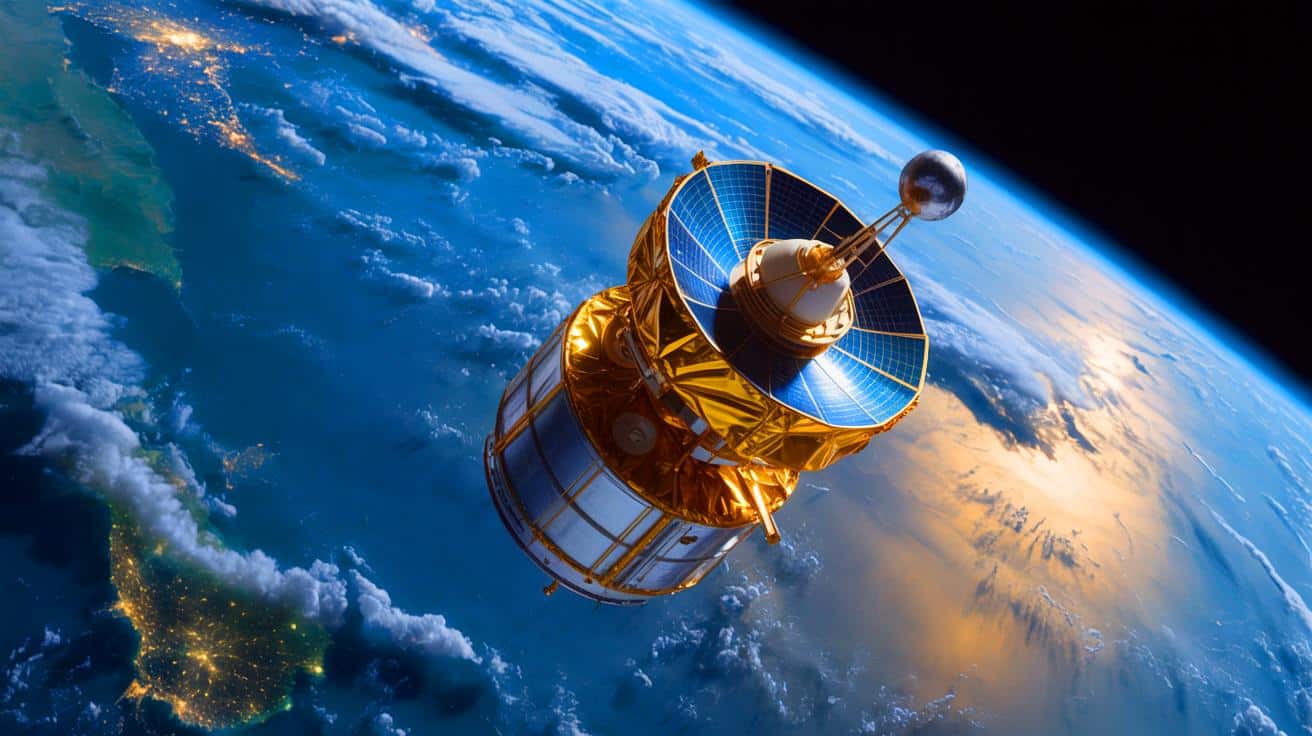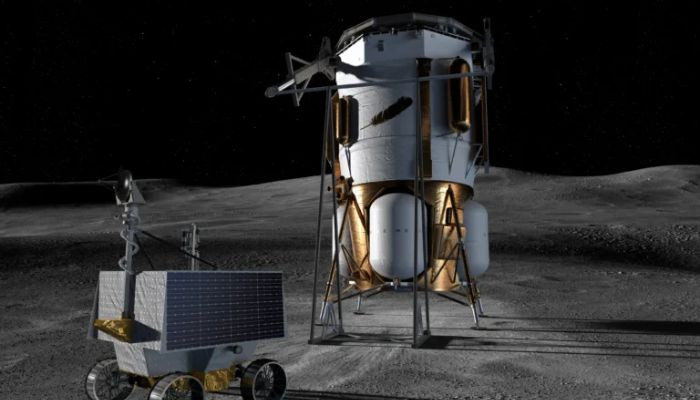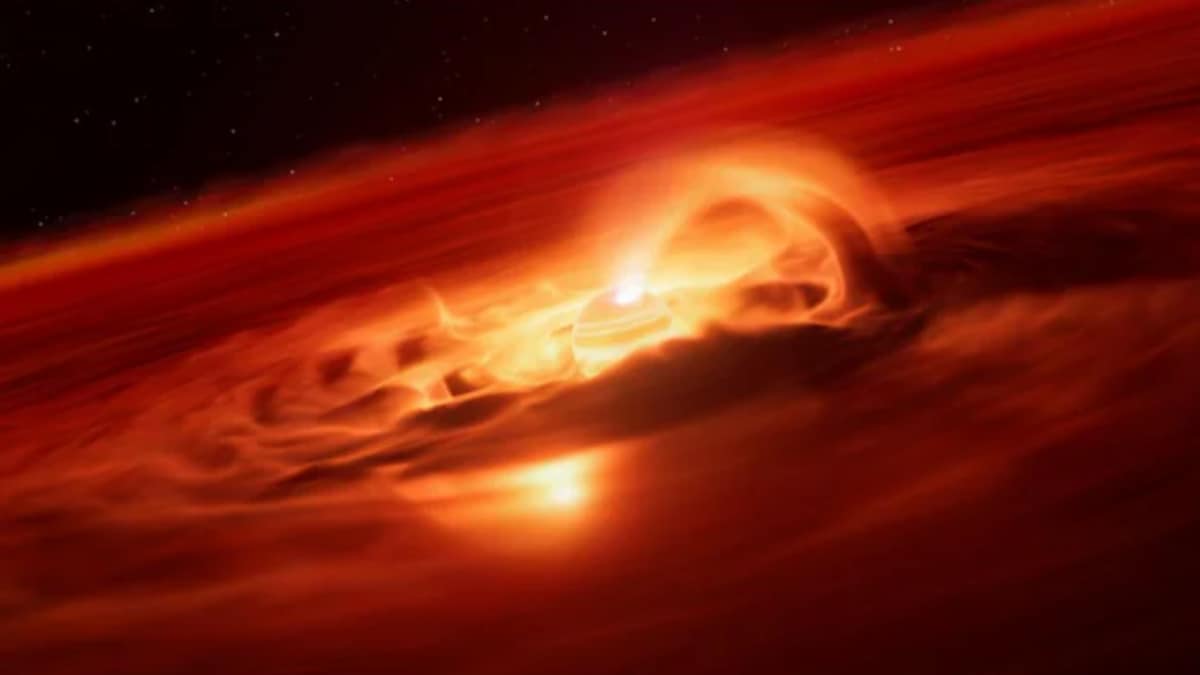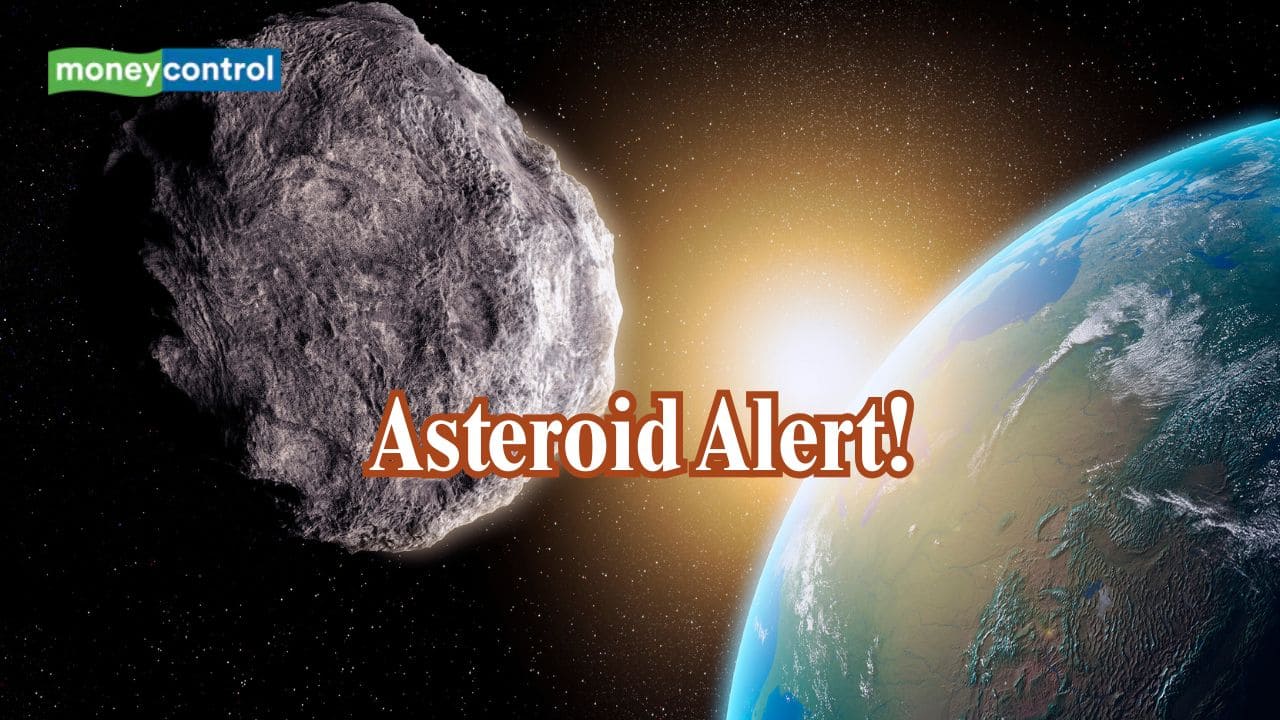China's Shocking Move: Is Cooperation with NASA the Key to Space Safety?

Did you know that a simple email could change the future of space diplomacy? In an unprecedented outreach, China’s National Space Administration (CNSA) has contacted NASA to prevent a potential satellite collision, marking a pivotal moment for international cooperation in the ever-crowded realm of space.
This communication, a straightforward message advising NASA to remain stationary while China maneuvers, underscores a growing recognition of the shared responsibility for maintaining orbital safety. As satellites continue to flood low Earth orbit (LEO), the need for dialogue has never been more critical.
With the number of satellites soaring—thanks to ambitious plans from both the United States and China—the specter of collisions looms larger every day. Currently, thousands of satellites are circling our planet, and that number is expected to skyrocket. Private companies like SpaceX and Amazon are set to deploy tens of thousands of additional satellites, adding to the congestion in our orbital highways.
Flying at breakneck speeds of around 18,000 miles per hour, even the tiniest debris can create chaos. A collision could result in an explosion of space debris, complicating navigation and endangering missions. China’s email to NASA highlights the urgent need for comprehensive communication strategies to prevent catastrophic events in space.
But that’s not all—China's outreach isn't limited to governmental bodies. Private satellite operators in China have reached out to companies like OneWeb and SpaceX, showing that the private sector is increasingly involved in discussions about space safety. As these companies invest billions into space technologies, avoiding collisions is paramount for their financial health.
China’s initiative suggests a notable shift in how it engages with the international community. Historically, concerns regarding space safety were met with silence from Beijing, creating risks of simultaneous maneuvers in dangerously close proximity. However, this recent outreach signals a more open stance, acknowledging the necessity of communication to secure the safety of shared orbital space.
Even though this development is promising, it’s essential to recognize that it doesn't guarantee full cooperation. Some may interpret this email as a strategic maneuver by China to protect its significant investments in space. As China ramps up its satellite deployments, engaging in dialogue is a way to ensure a safe environment for its operations while contributing to a collective effort for space safety.
Looking to the future, this communication could be the spark that ignites broader international cooperation. As the number of satellites continues to climb, a coordinated approach to navigating the cosmos becomes imperative. Countries and private companies must collaborate to develop protocols ensuring that our orbital realm remains safe.
This collaboration could pave the way for more than just avoiding collisions; it could lead to larger discussions on managing space traffic and mitigating debris. As stakeholders worldwide recognize that space is a shared resource, the potential for cooperation grows. The question now is whether this initial outreach will evolve into sustained collaboration or whether geopolitical tensions will stifle progress.
As the landscape of space evolves rapidly, the importance of effective communication and cooperation is becoming increasingly apparent. China's outreach to NASA is a step in the right direction, raising crucial questions about the future of space diplomacy and how nations will navigate the complexities of governance to ensure a safe and sustainable orbital environment for years to come.

















